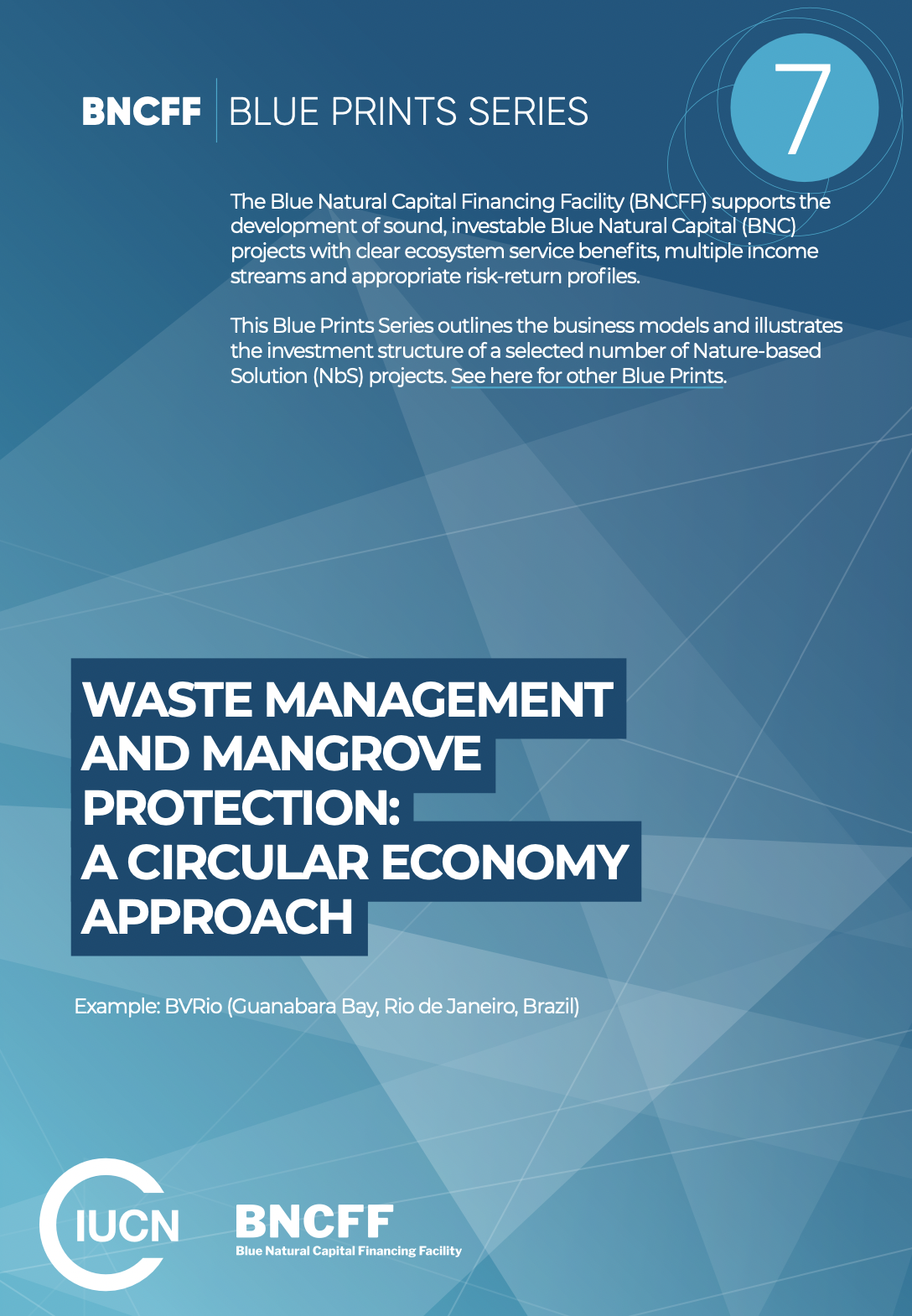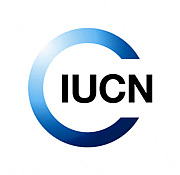Waste Management and Mangrove Protection: A Circular Economy Approach
Rio de Janeiro opens up to the Atlantic Ocean at iconic Guanabara Bay. It has 53 beaches spread throughout an area of more than 4,000 ha, as well as thousands of hectares of mangroves and woods that provide jobs for more than 15,000 fishermen. However, it is also one of the most polluted bays in the world, causing degradation of coastal habitats, particularly mangrove habitats, the killing of wildlife like turtles through plastic ingestion, and endangering the freshwater supply along the coast and the towns that depend on it. Additionally, it has a negative effect on the quantity and variety of fish stocks. Solid trash that has been dumped into the water and left to decompose in the open is a major source of pollution.
In the Guanabara Bay area, there are thousands of self-employed waste collectors, or catadores, that toil in the tributaries, catchment, and edges of the Bay, In Brazil, there are about 800,000 freelance catadores. The Brazilian government has established a framework in which the majority of catadores are organized in cooperatives to help their economic development since 2001. There are about 1,100 waste collector cooperatives operating in the nation. The cooperatives run independently of one another, and each negotiates its own service contracts with businesses and government organizations. Due to intense competition among cooperatives and a structural shortage of resources (money, logistics, etc.), which leaves them overly dependent on their customers, service terms are frequently unfavourable for cooperatives. Among the urban poor, waste pickers are one of the most marginalized and exploited social groups.
To read the full chapter, click HERE.



